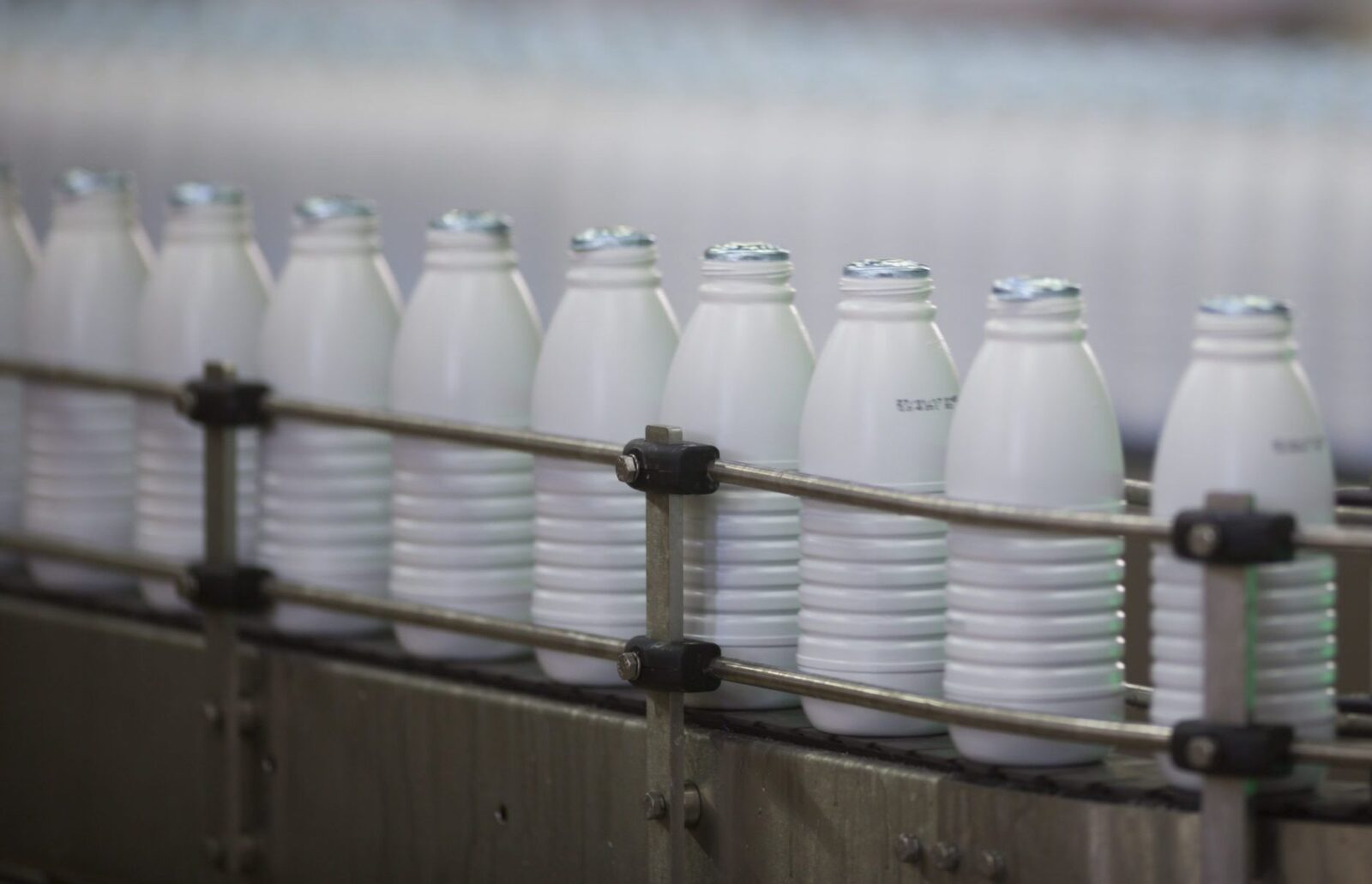Sustainable development

According to the FAO, milk is the third most-produced agricultural raw material in the world, produced on almost 150 million farms; the dairy sector also generates almost 240 million direct and indirect jobs1, mostly in rural areas. As such, these activities contribute to the socio-economic dynamism of local communities.
With nearly 22 billion litres of raw milk collected in 49 countries, the Lactalis Group is now the world’s third largest milk collector. Our 460,000 partner farmers have very different production models, requiring technical support that is tailored to every farm type. Therefore, we prioritize a direct and long-term collection relationship, taking a continuous improvement approach to the quality of the milk, economic efficiency and environmental performance. Guidance from our technicians and grassroots training sessions contribute to value creation for our partner farmers. To support and structure the dairy sectors in remote rural areas facing logistical challenges, we have also developed a network of over 650 intermediate milk collection centres between the producers and our processing sites. Local development of our activities is a strength for maintaining vibrant and dynamic rural areas.
KEY FIGURES
-
460 000 Lactalis partner farmers around the world
-
3 rd World’s largest collector
-

Nanasheb Higne, milk producer in the city of maharashtra, India
I started dairy production eight years ago, from a single cow; I now have eleven. I also grow vegetables to sell at the market. Last year, a friend told me to take my milk to the Lactalis collection centre in Rahata as he got a good price. So I left my cooperative and now I deliver seventy litres of milk to the centre three kilometres away on my bike twice a day. I keep some of the milk for my family; there are six of us at home. I’ve since had the opportunity to increase my volumes and stabilize my income, which has enabled me to send my children to the best local school. I tell everyone about the economic benefits of dairy production, especially young farmers who could get involved.
The sector is promising!
-

Prasanna Promod Deshpande, quality manager of the collection centre in India
We opened our collection centre in 2015, two kilometres from our Lactalis site. I’m responsible for analyzing the quality of milk delivered twice a day by nearly 1,200 farmers. We face logistical challenges combined with power cuts.
Our partners are generally young farmers, delivering on average ten litres a day, attracted by the opportunity we provide and the rapid payment of the milk. We work with them to develop the outputs and optimize production costs, particularly through awareness of the importance of working on the flock’s genetics or managing the fodder.




